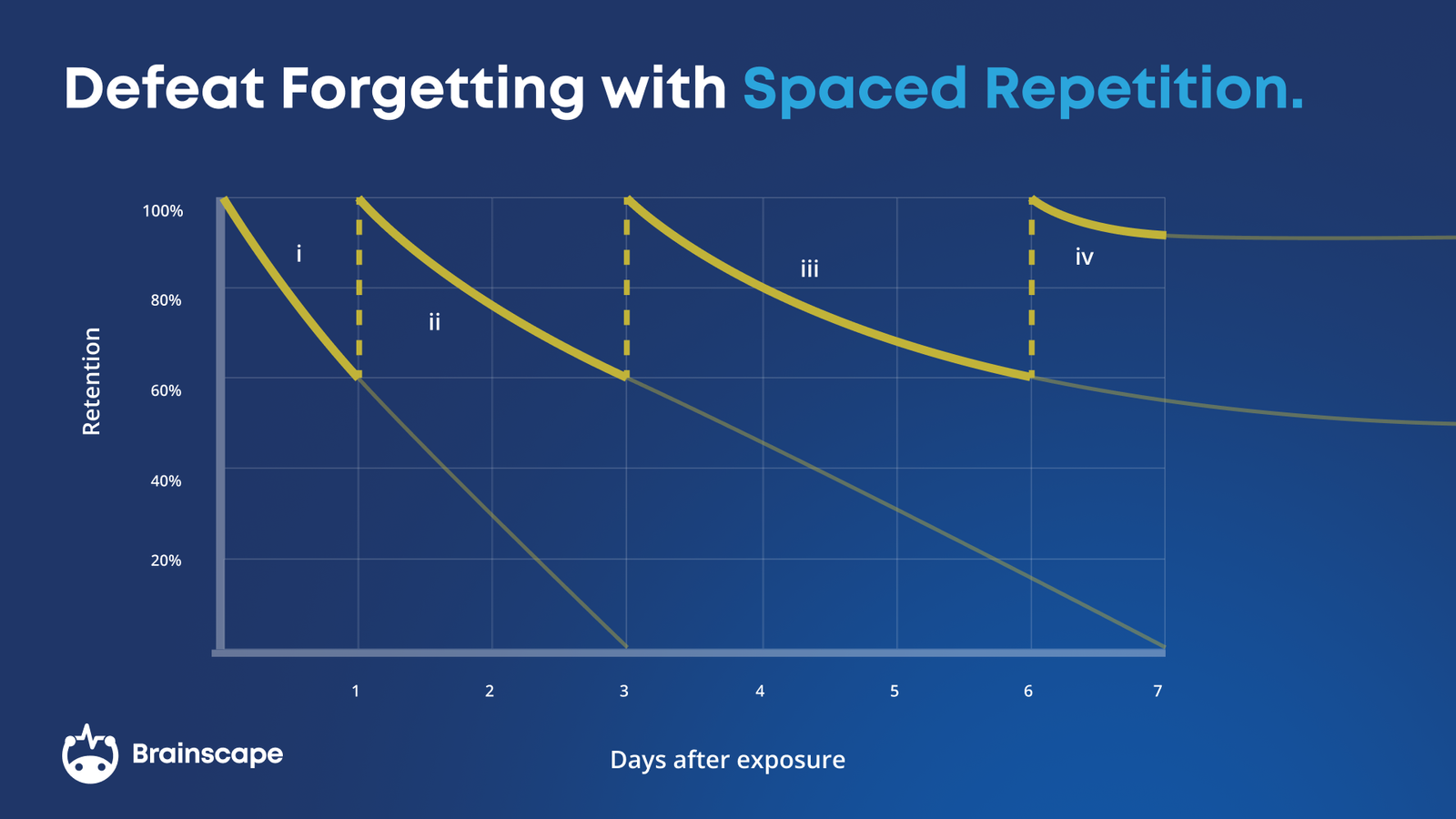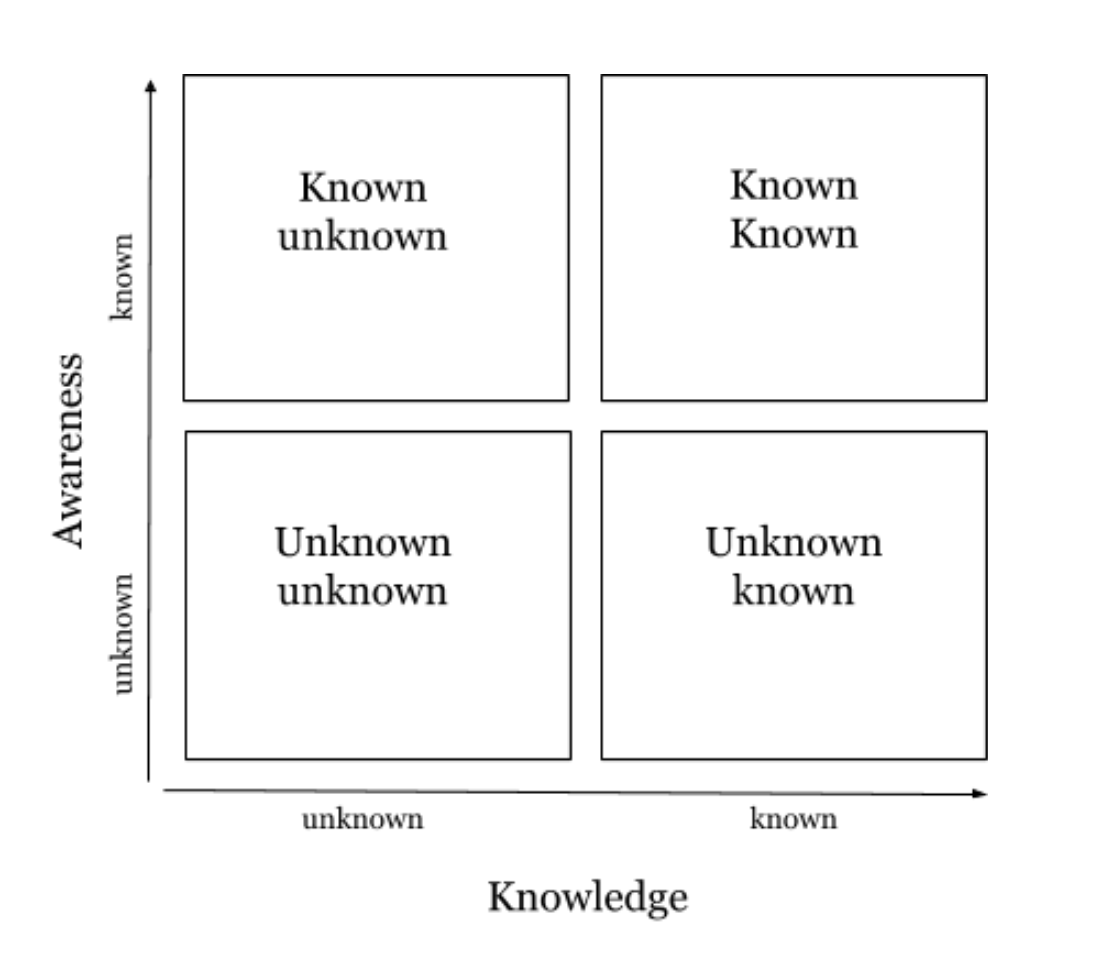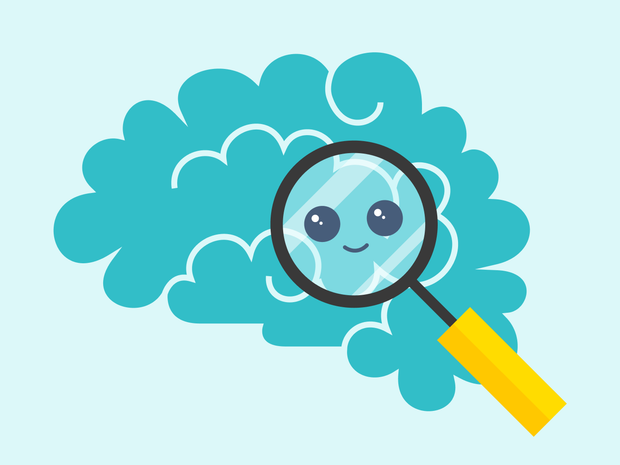Learning doesn't stop when you leave high school or university. In fact, you should be learning throughout your entire lifetime. So why are effective learning tools so hard to come by?
Indeed, when we purchase an educational web or iPhone app as adults, it’s probably because we already want to learn the subject—not because a parent or teacher is forcing us.
It's therefore pretty frustrating that most adult-oriented educational software spends a lot of time trying to motivate us through cheesy animations, games, and quizzes that we should share with our friends.
The fact is that a game or app can't just hand you learning on a silver platter. We often see claims of a 'silver bullet' to learning (for example) how to code, speak fluent French, or become a sensational guitar player in a short period of time.
But learning doesn't work that way. Instead, these are skills that takes time and deliberate practice to master.
Wouldn't it be great if curriculum designers focused on helping us learn faster rather than just helping us have fun while learning?
The Right App Can Help You Learn Faster
The designers of most educational tools lack respect for the power of an adult's intrinsic motivation. You're busy, and you want to learn as quickly as possible without wasting time on "rewards" in the shape of sparkles and dings.
There is some good news. There are newer mobile study applications that want to optimize your learning efficiency instead—like Brainscape, a web and mobile adaptive flashcard app that focuses your study time on learning by stripping out the bewildering range of settings and features that exist in most other mobile study applications.
Once you've chosen what you want to study, you can get started with one tap. Even if you're studying multiple subjects, Brainscape finds the cards you were about to forget and shows them to you at just the right time to refresh your memory.

Move From Unknown to Known
But even the right app won't necessarily guarantee that you'll learn faster. When you set out to learn a new topic, you can't just blindly pick resources and hope they'll help you reach your goals.
You'll have to evaluate how to find the right resources to reach your goals. You need to consider where you are starting from to assess the resources you need to learn.
A powerful tool to assess what we know and what we don't know about a topic is the Knowns and Unknowns categorization:

This framework is particularly useful to approaching knowledge by asking yourself:
- What do I know already? (known knowns)
- Am I conscious of what I'm not exploring? (unknown unknowns)
- Do I have any biases or unconscious assumptions about the topic? (unknown knowns)
- What are my conscious assumptions about the topic? (known unknowns)
When you take the time to understand where you fall on a particular topic, you can better understand which resources and practices would be best to get you to the 'known knowns' quadrant. Gaining a better understanding of your own learning is among the most valuable life skills you can have.
FAQ: Learn Deliberately to Learn Faster
What is Kaufman’s 20-Hour Rule?
Josh Kaufman’s 20-Hour Rule suggests that you can go from knowing nothing to becoming reasonably competent in a new skill with just 20 hours of focused, deliberate practice. It’s not about mastery. It’s about overcoming the frustrating beginner phase quickly by practicing intentionally and consistently, especially during those critical first hours.
Can you actually train your brain to learn faster?
Yes, you can! The key lies in using evidence-based learning techniques such as spaced repetition, active recall, and metacognition. These techniques align with how your brain naturally processes and retains information. Pairing these with strategic self-assessment and high-quality tools allows your brain to build and strengthen neural connections more efficiently over time.
What is the trick to learn fast?
The real "trick" to faster learning is eliminating wasted effort. That means understanding what you already know, identifying your weak spots, and using methods that reinforce memory through retrieval and repetition. It’s not about shortcuts. It’s about using your time as efficiently as possible.
What is deliberate learning?
Deliberate learning is the practice of studying with intentional focus and feedback. It involves clearly defined goals, awareness of knowledge gaps, and structured methods to improve weak areas. Rather than passively reviewing material, you engage actively and purposefully, just like deliberate practice in sports or music.
The Tools (and Mindset) That Make Lifelong Learning Stick
Learning as an adult isn’t about flashy gimmicks or artificial incentives—it’s about efficiency, focus, and genuine curiosity. When you're choosing to learn something new, you want tools that respect your time, honor your motivation, and help you make measurable progress.
That’s where smart frameworks like “knowns and unknowns” and adaptive tools like Brainscape come in: by helping you target your weaknesses and sharpen your strengths, they accelerate your path to mastery.
So wherever your learning journey takes you—whether it’s a new language, a career shift, or just brushing up on trivia for pub night—remember that the smartest learners are the ones who take a moment to assess what they actually need to study. Pair that mindset with a tool that meets you where you are, and you’ll be unstoppable. Happy learning!
Additional Reading
- What is Active Recall? How to Use It to Ace Your Exams
- The Biggest Studying Mistake You Might Be Making
- Are Flashcards Effective for Studying?
References
Ericsson, K. A., Krampe, R. T., & Tesch-Römer, C. (1993). The role of deliberate practice in the acquisition of expert performance. Psychological Review, 100(3), 363–406. https://doi.org/10.1037/0033-295x.100.3.363
Justo, A. (2021, December 7). The knowns and unknowns framework for design thinking. Medium. https://uxdesign.cc/the-knowns-and-unknowns-framework-for-design-thinking-6537787de2c5
Santos-Longhurst, A. (2019, February 11). Intrinsic motivation: How to pick up healthy motivation Techniques. Healthline. https://www.healthline.com/health/intrinsic-motivation
